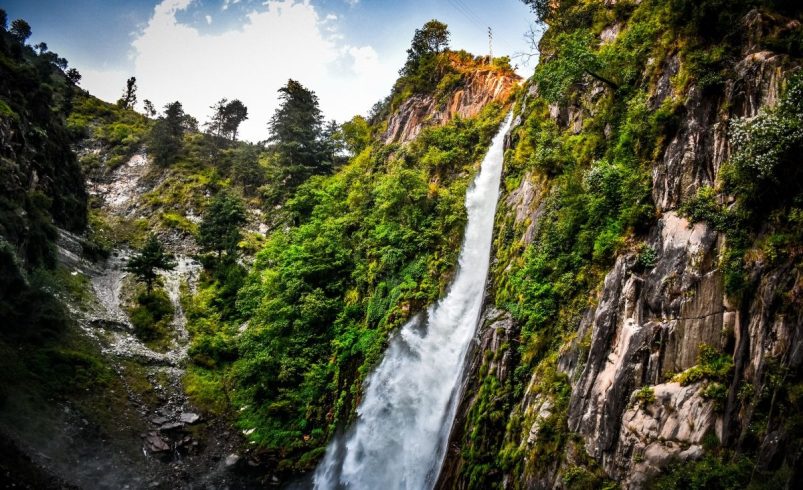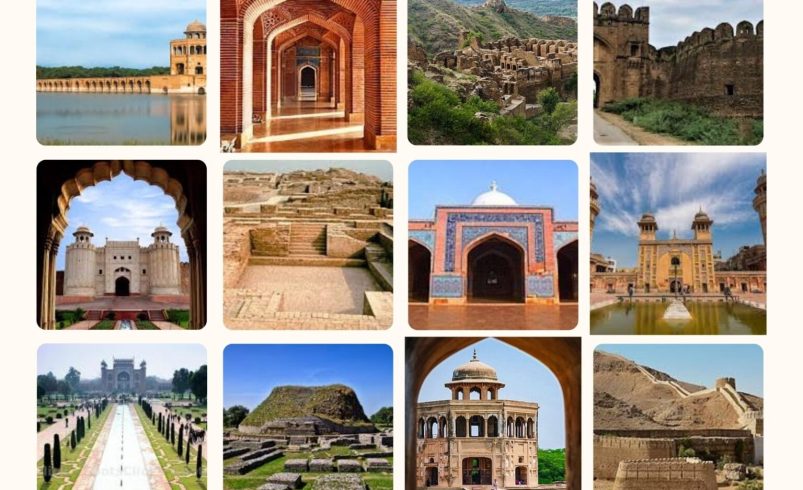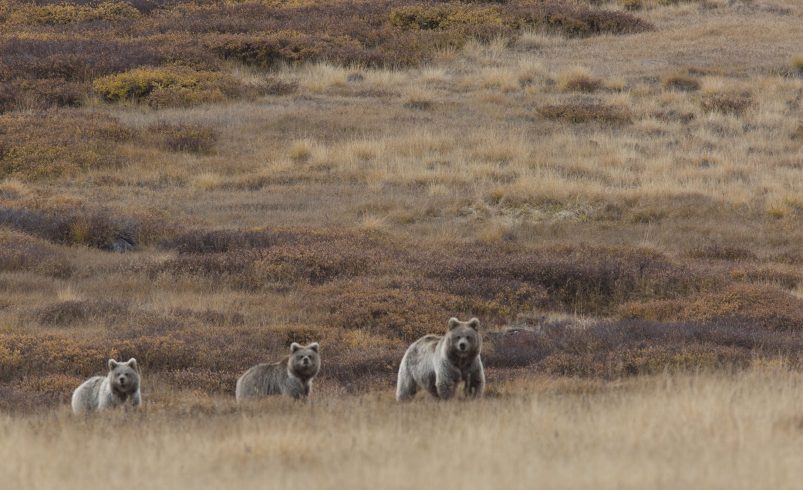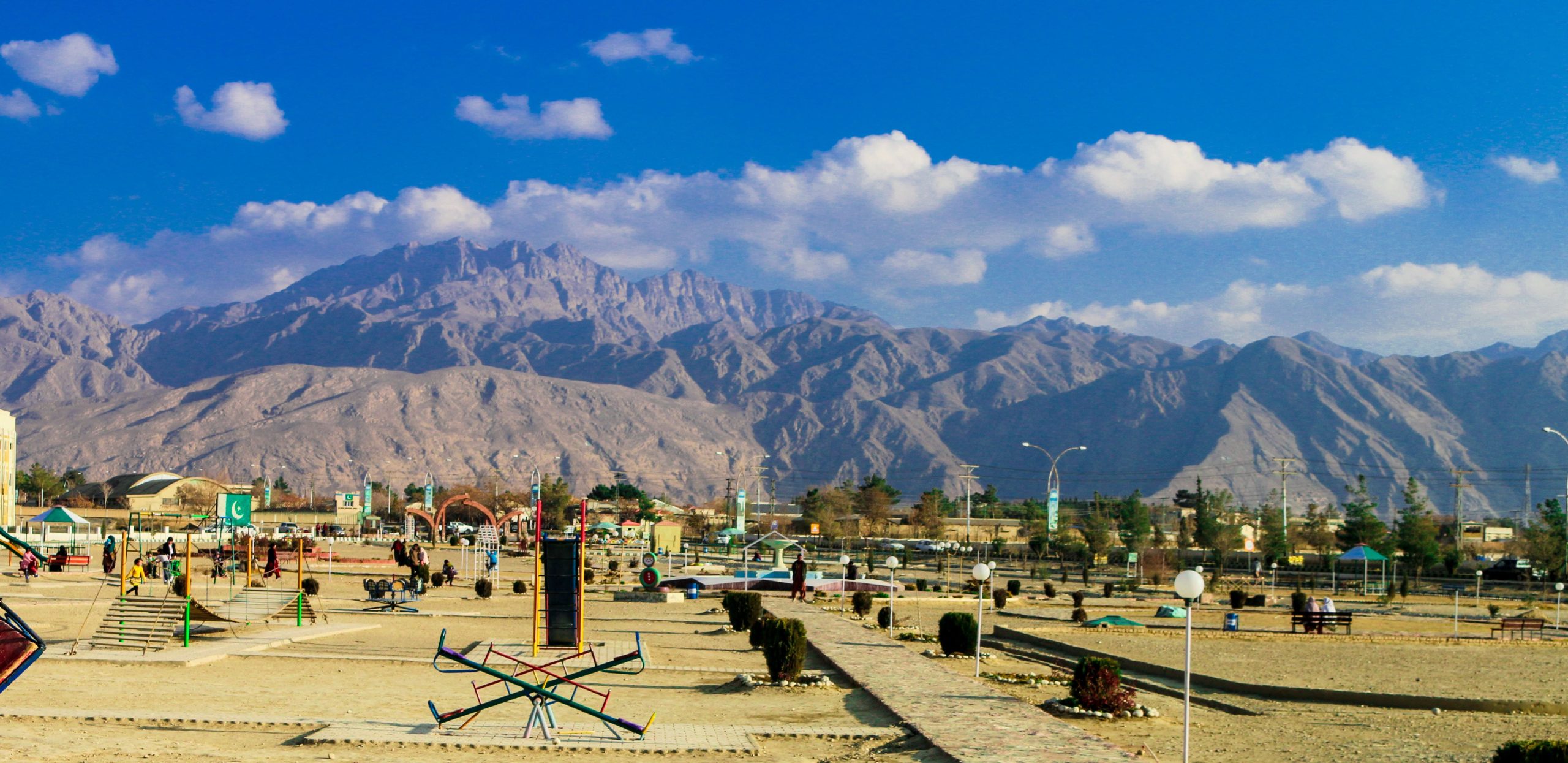
- December 6, 2024
Introduction
Pakistan is home to some of the most breathtaking waterfalls, hidden amidst lush valleys, towering mountains, and serene landscapes. These natural wonders are a true paradise for nature lovers, photographers, and adventure seekers. Whether you’re trekking through the Gilgit-Baltistan region, exploring the Swat Valley, or venturing into the southern plateaus of Balochistan, you’ll find majestic waterfalls that will leave you in awe. This guide explores Pakistan’s most stunning waterfalls, their locations, attractions, best time to visit, and activities to do at each site.
Top Waterfalls in Pakistan
1. Khamosh Waterfall (Kharmang Valley)
Located in the Kharmang Valley of Gilgit-Baltistan, Khamosh Waterfall is a hidden gem known for its overhanging cascade and serene surroundings. This waterfall remains one of the least explored spots, offering a tranquil escape for adventurers and nature lovers.
- Location: Kharmang Valley, Gilgit-Baltistan (Approx. 60-65 km from Skardu)
- Key Attractions: Overhanging cascade, rugged landscapes, serene atmosphere
- Best Time to Visit: July – August
- Activities to Do: Trekking, photography, picnicking, exploring local villages
2. Hushay Waterfall (Kharmang Valley)
Hidden deep within Hushay Village, this waterfall is surrounded by lush greenery and snow-capped peaks. It is a pristine and untouched natural marvel, making it an ideal destination for those seeking solitude in nature.
- Location: Kharmang Valley, Gilgit-Baltistan (Near Hushay Village)
- Key Attractions: Pristine waters, untouched natural beauty
- Best Time to Visit: Late spring – Early autumn
- Activities to Do: Hiking, birdwatching, photography
3. Manthokha Waterfall (Skardu)
One of the most famous waterfalls in Pakistan, Manthokha Waterfall cascades from a height of 180 feet, creating a spectacular view. Surrounded by lush green pastures, this spot is perfect for picnics, camping, and photography.
- Location: Kharmang Valley, Gilgit-Baltistan (Approx. 40 km from Skardu)
- Key Attractions: 180-ft high waterfall, lush surroundings
- Best Time to Visit: May – September
- Activities to Do: Photography, camping, trout fishing, hiking
4. Harsop Waterfall (Hunza)
Located in the scenic Hunza Valley, the Harsop Waterfall is an enchanting site that flows amidst terraced fields and majestic mountain ranges. It’s an ideal spot to enjoy local culture and breathtaking views.
- Location: Hunza Valley, Gilgit-Baltistan (Near Harsop Village)
- Key Attractions: Cascading water with scenic terraced fields
- Best Time to Visit: Spring – Summer
- Activities to Do: Walking tours, cultural interactions, fruit tasting
5. Bagrote Valley Waterfall (Gilgit)
Nestled in the Bagrote Valley, this hidden waterfall offers a serene escape from the bustling city life. The crystal-clear water, combined with the breathtaking mountain views, makes it a paradise for adventure lovers.
- Location: Bagrote Valley, Gilgit-Baltistan
- Key Attractions: Waterfall surrounded by snow-capped peaks and greenery
- Best Time to Visit: May – September
- Activities to Do: Sightseeing, nature photography, hiking
6. Danyore Waterfall (Gilgit)
Located near Danyore Valley, this waterfall is known for its hidden charm and rocky terrain. It is less frequented by tourists, making it a peaceful retreat for adventure seekers.
- Location: Danyore Valley, Gilgit-Baltistan
- Key Attractions: Hidden waterfall amidst rocky terrain
- Best Time to Visit: June – September
- Activities to Do: Trekking, photography, picnicking
7. Jarogo Waterfall (Swat)
Also known as the “Niagara Falls of Pakistan”, Jarogo Waterfall is one of the tallest waterfalls in the country, nestled in the lush green hills of Swat Valley. The waterfall cascades beautifully, creating a refreshing and picturesque environment.
- Location: Matta Tehsil, Swat Valley, Khyber Pakhtunkhwa
- Key Attractions: Tall waterfall, lush green surroundings
- Best Time to Visit: April – September
- Activities to Do: Trekking, photography, nature walks
8. Sajikot Waterfall (Abbottabad)
A hidden gem near Abbottabad, Sajikot Waterfall is a multi-tiered cascade known for its turquoise waters and serene setting. This picturesque spot attracts both locals and tourists for a peaceful getaway.
- Location: Havelian Tehsil, Abbottabad, Khyber Pakhtunkhwa
- Key Attractions: Crystal-clear turquoise water, multiple cascades
- Best Time to Visit: May – September
- Activities to Do: Swimming, cliff jumping, camping, photography
9. Umbrella Waterfall (Haripur)
Named after its unique umbrella-shaped rock formation, the Umbrella Waterfall is a stunning natural wonder hidden in the Hattar region of Haripur. The secluded spot makes it a perfect location for adventure seekers.
- Location: Sajikot, Haripur, Khyber Pakhtunkhwa
- Key Attractions: Unique umbrella-like rock formation, hidden beauty
- Best Time to Visit: June – October
- Activities to Do: Trekking, sightseeing, swimming
10. Noori Waterfall (Haripur)
Tucked away in the Haripur district, Noori Waterfall is a mesmerizing cascade with crystal-clear water flowing into a natural pool. It is named after the famous legend of Noori and is a beloved spot among tourists.
- Location: Havelian, Haripur, Khyber Pakhtunkhwa
- Key Attractions: Clear water, surrounded by lush forests
- Best Time to Visit: July – October
- Activities to Do: Swimming, camping, hiking
11. Bissa Waterfall (Shangla)
One of the lesser-known waterfalls in Pakistan, Bissa Waterfall is located in the beautiful Shangla Valley. The waterfall is surrounded by thick forests, making it an ideal location for a quiet and peaceful retreat.
- Location: Shangla Valley, Khyber Pakhtunkhwa
- Key Attractions: Hidden charm, dense forest backdrop
- Best Time to Visit: June – September
- Activities to Do: Hiking, photography, relaxing by nature
12. Dhani Waterfall (Neelum Valley)
As one of the largest waterfalls in Azad Kashmir, Dhani Waterfall is a popular tourist attraction, especially during the summer. Its thundering flow and lush surroundings make it a breathtaking sight.
- Location: Neelum Valley, Azad Jammu and Kashmir
- Key Attractions: Large waterfall with a thunderous flow
- Best Time to Visit: May – August
- Activities to Do: Sightseeing, camping, nature photography
13. Cham Waterfall (Haveli)
Located in the Haveli district of Azad Kashmir, Cham Waterfall is a scenic and lesser-explored natural wonder. The waterfall flows down in multiple streams, creating a picturesque view.
- Location: Haveli, Azad Jammu and Kashmir
- Key Attractions: Multi-tiered waterfall, remote beauty
- Best Time to Visit: June – September
- Activities to Do: Trekking, camping, photography
14. Pir Ghaib Waterfall (Bolan)
One of Balochistan’s most famous waterfalls, Pir Ghaib is a mystical waterfall located in the rugged terrain of Bolan. The area is steeped in folklore, making it an intriguing destination.
- Location: Bolan, Balochistan
- Key Attractions: Mythical history, rugged landscapes
- Best Time to Visit: November – March
- Activities to Do: Exploring folklore sites, trekking, camping
15. Moola Chotok Waterfall (Khuzdar)
A hidden paradise in Balochistan, Moola Chotok Waterfall is located in a deep canyon with dramatic cliffs. Its remote location makes it one of Pakistan’s most adventurous waterfalls.
- Location: Khuzdar, Balochistan
- Key Attractions: Deep canyon, hidden beauty
- Best Time to Visit: October – March
- Activities to Do: Off-roading, camping, adventure trekking
16. Neela Sandh Waterfall (Rawalpindi)
A popular weekend getaway near Islamabad, Neela Sandh Waterfall is famous for its crystal-clear blue waters and easy accessibility. It is a favorite picnic and swimming spot.
- Location: Lehtrar Road, Rawalpindi, Punjab
- Key Attractions: Blue water pools, accessibility
- Best Time to Visit: April – September
- Activities to Do: Swimming, picnicking, day trips
Travel Tips
To make the most of your waterfall exploration in Pakistan, follow these detailed travel tips:
- Plan According to Season: Some waterfalls are best visited during summer, while others have a stronger flow after monsoon rains.
- Check Road Conditions: Many waterfalls in northern Pakistan require traveling on unpaved roads. A 4×4 vehicle is recommended for remote areas.
- Pack Essential Gear: Bring hiking shoes, waterproof clothing, sunscreen, and insect repellent to ensure a comfortable trip.
- Respect Nature: Avoid littering, do not disturb wildlife, and follow local regulations.
- Safety Precautions: Some waterfalls have strong currents. Always check water depth before swimming.
- Local Guidance: Hire a local guide for off-the-beaten-path waterfalls to ensure safe navigation.
- Emergency Contacts: Keep emergency numbers handy, including rescue services and local hospitals.
- Stay Hydrated: Carry plenty of water, especially in areas with no shops or facilities.
- Book Accommodation in Advance: Popular tourist spots like Skardu and Hunza may have fully booked hotels during peak season.
- Cash Availability: Many remote areas do not have ATMs, so carry sufficient cash.
Emergency Contacts & Health Precautions
- Gilgit-Baltistan Rescue: 05811-920873
- KP Emergency Helpline: 1122
- Balochistan Emergency Services: 1122
- Islamabad Tourist Police: 1717
- Carry essential medications and a first-aid kit for remote locations.
- Stay hydrated and be prepared for altitude changes.
FAQs
1. What are the best Majestic Waterfalls in Pakistan?
When exploring majestic waterfalls in Pakistan, some of the best include Manthokha Waterfall, Jarogo Waterfall, and Khamosh Waterfall. These waterfalls not only offer breathtaking views but also provide unique experiences for nature lovers and adventurers.
2. When is the best time to visit waterfalls in Pakistan?
The best time to visit waterfalls in Pakistan largely depends on the location. For instance, Skardu’s Manthokha Waterfall is most spectacular during summer, while others like Jarogo Waterfall are ideal from March to August, thanks to the pleasant weather and accessible roads.
3. Can I swim in the waterfalls in Pakistan?
Yes, you can swim in some waterfalls, but it’s crucial to check the water’s depth and strength first. For example, Manthokha Waterfall offers a perfect spot for swimming, while places like Pir Ghaib Waterfall may have stronger currents. Always ensure safety before diving in.
4. How can I reach the waterfalls in northern Pakistan?
Reaching the majestic waterfalls in Pakistan often involves a combination of road and trekking. Most waterfalls in Gilgit-Baltistan like Khamosh and Hushay Waterfalls require a 4×4 vehicle for the rugged terrains. Additionally, hiring local guides can help ensure you stay on the right path.
5. Are these waterfalls safe to visit?
While most waterfalls in Pakistan are safe to visit, it’s important to be cautious of the strong currents, especially after heavy rainfall. Dhani Waterfall and Jarogo Waterfall are known to have dangerous water levels during the monsoon. Always check for local advisories and seek guidance from local authorities.
6. What activities can I do near Pakistan’s waterfalls?
Besides admiring the beauty of waterfalls in Pakistan, you can enjoy activities like hiking, photography, and camping. For example, Umbrella Waterfall offers unique photo ops due to its distinct rock formations, while Sajikot Waterfall provides a peaceful setting for picnics.
7. What should I pack for visiting waterfalls in Pakistan?
Packing wisely is key when visiting majestic waterfalls in Pakistan. Essentials include hiking boots, waterproof clothing, sunscreen, and a first-aid kit. Also, carry extra water, especially for remote areas like Khuzdar’s Moola Chotok Waterfall, where services are limited.
8. Can I visit these waterfalls year-round?
Although many waterfalls in Pakistan are open year-round, the best times are during the spring to early autumn months. Winter months can make accessing certain waterfalls difficult due to snow and road conditions, especially those in Gilgit-Baltistan and Hunza.
9. What are the cultural significance of these waterfalls?
Some waterfalls in Pakistan, like the Pir Ghaib Waterfall, have historical significance related to local legends and myths. They are deeply embedded in the cultural heritage of the region, with locals considering them sacred or important landmarks.
10. How can I contribute to preserving Pakistan’s waterfalls?
To preserve the beauty of the majestic waterfalls in Pakistan, always follow eco-friendly practices. Avoid littering, respect local wildlife, and stay on marked trails. You can also support local conservation efforts by volunteering with organizations dedicated to protecting natural landscapes.
Conclusion
Pakistan is home to some of the most stunning and majestic waterfalls, offering nature lovers and adventure seekers the chance to experience breathtaking landscapes and pristine natural beauty. From the hidden gems in the remote valleys of Gilgit-Baltistan to the popular waterfalls in Swat and Abbottabad, these natural wonders are a testament to the country’s rich, untapped beauty.
Whether you’re trekking through the serene paths leading to the towering Khamosh Waterfall, enjoying the scenic views of Manthokha Waterfall, or exploring the peaceful Harsop Waterfall, each of these locations provides a unique opportunity to reconnect with nature. These waterfalls not only offer spectacular views but also provide an escape from the hustle and bustle of city life.
For those seeking an adventure, these falls provide opportunities for trekking, photography, and immersing oneself in the natural splendor of the surroundings. Visiting these destinations will undoubtedly be a memorable experience, with each waterfall holding its own charm and allure.
With careful planning, the right time to visit, and an adventurous spirit, exploring these majestic waterfalls will surely be a highlight of your trip to Pakistan. So, pack your bags, grab your camera, and get ready to witness the enchanting beauty of Pakistan’s waterfalls!






